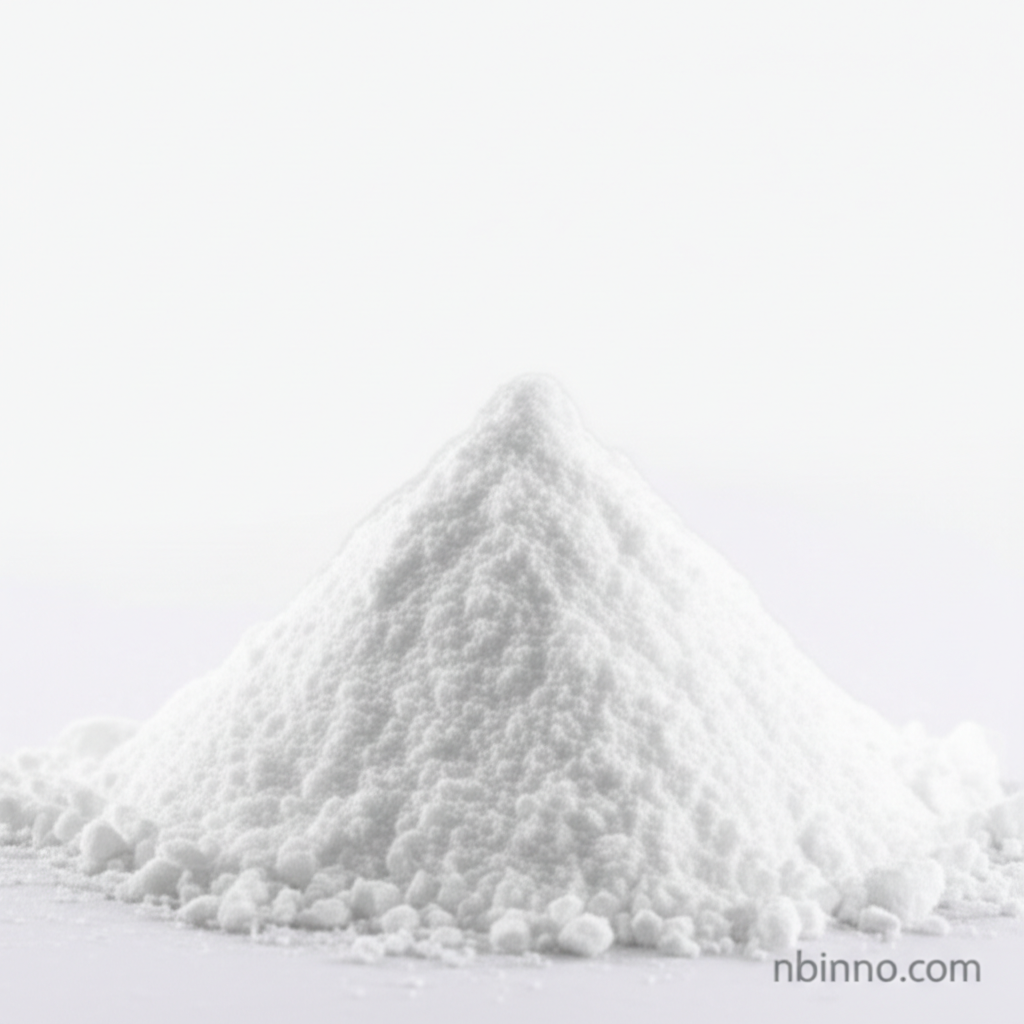High-Quality Zinc Stearate: Properties, Applications, and Benefits for Industrial Use
Discover the versatile properties and wide-ranging industrial applications of Zinc Stearate.
Get a Quote & SampleProduct Core Value

Zinc Stearate
Zinc Stearate is a highly versatile fine chemical powder, recognized for its exceptional lubricating and release properties. Its high stability and fine particle size make it indispensable across numerous industrial sectors, including plastics, rubber manufacturing, and cosmetic formulations. This compound is crucial for achieving smooth processing and enhanced product finishes.
- Explore the critical role of zinc stearate lubricant applications in various manufacturing processes.
- Learn about using zinc stearate as a mold release agent to improve efficiency in powder metallurgy and rubber production.
- Understand the chemical properties of zinc stearate and why it's a preferred choice for industrial uses.
- Discover why buy zinc stearate online from trusted suppliers for your high-quality chemical needs.
Key Advantages Offered
Enhanced Lubricity and Release
Zinc Stearate provides superior lubrication and mold release, significantly reducing friction and preventing sticking in processes like rubber vulcanization and plastic molding, a key benefit for industrial uses.
High Thermal Stability
The compound exhibits high thermal stability, ensuring consistent performance even under demanding processing temperatures, which is vital for achieving optimal zinc stearate chemical properties.
Versatile Application Range
From acting as a gloss agent in paints to a cell nucleation aid in polystyrene, its wide array of uses underscores its importance in various zinc stearate industrial applications.
Key Applications
Plastic and Rubber Processing
Zinc Stearate is extensively used as a lubricant and release agent in the processing of plastics and rubber, aiding in efficient production and improving the surface finish of the final products.
Cosmetics and Personal Care
In cosmetics, it serves as an anti-caking agent, thickener, and lubricant, enhancing texture and stability, making it a valuable ingredient for cosmetic formulation.
Paint and Coatings Industry
It functions as a sanding sealer and gloss agent in paints, improving the finish and providing a protective layer, which is essential for achieving desired paint gloss levels.
Powder Metallurgy
Its role as a lubricant in powder metallurgy is critical for improving the flow and pressing characteristics of metal powders, supporting efficient part fabrication.
